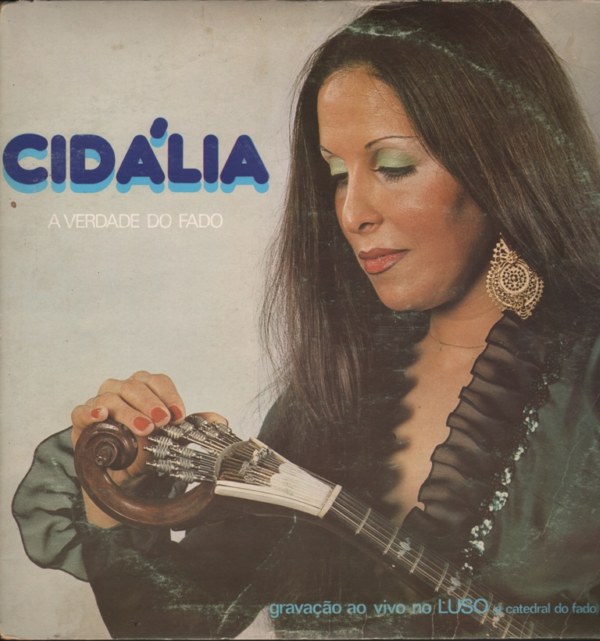Know more:
Cidália Moreira
(N. 11 October, 1944)Cidália do Carmo Moreira was born in the Algarve, in the city of Olhão. Her childhood is filled with music and dance, and although she lost his mother very young, it is because of her influence that she gains a taste for these representations.
At the age of 17 she comes alone to Lisbon with the prospect of making one of her life's dreams come true, starting an artistic career. After overcoming a more delicate period in her life, Cidália Moreira makes her debut at the typical house A Viela, which is followed later by her presence in the cast of Restaurante Luso.
Cidália Moreira, often called “A Cigana do Fado” (the gipsy of Fado), has traveled a whole path marked by success. With numerous recordings in EP, LP and CD format, she revisits renowned authors, cases of Frederico Valério in “Primeiro Amor” (Frederico Valério / Nelson de Barros), Martinho d'Assunção in “Balada Para Uma Velhinha” (Martinho d'Assunção / Ary dos Santos), and Moniz Pereira in “Valeu a Pena”.
It is worth noting the participation of Cidália Moreira in several castings of revista plays, particularly in the 70s, with emphasis on the productions, “Até Parece Mentira” (1974) and “Alto e Pára o Baile” (1977), among many others. There are also countless television programs in which Cidália Moreira acted.
In all moments of performance, Cidália Moreira reveals herself to be a singular artist, with a unique style of interpretation, guided by the fierceness that has always characterized her. On the stages of the main cities around the world, she establishes a strong communicative link with the Portuguese communities resident there.
To celebrate the first anniversary of the Fado Museum, on September 25, 1999, Cidália Moreira joined numerous artists for a fado show that took place at Largo do Chafariz de Dentro, in front of the museum.
During the “Festas de Lisboa 2004”, namely in the “Festa do Fado” program, Cidália Moreira participated in the theme show entitled “As Grandes Testemunhas”, alongside Beatriz da Conceição, João Ferreira-Rosa and Vicente da Câmara, and which took place in the Grand Auditorium of the CCB, on June 11, 2004. (cf. http://www.attambur.com/Noticias/20042t/festadofado.htm)
In a move away from the big stages and in a constant search for artistic renewal, on November 11, 2006, Cidália Moreira joined the cast of the Fado and Flamengo show “Tablao do Fado”, from Companhia de Dança Amálgama. In this unique initiative, all the emotion of the two arts that “fuse in an intimate setting” is exalted. (cf http://www.algarvedigital.pt/algarve/modules.php?op=modload&name=News&file=article&sid=2636)
In 2008, as part of the European Year of Intercultural Dialogue, and in the course of an initiative by the Municipal Council of Vila Real de Santo António, the Intercultural Week of the "Escolhas Vivias" Project was organized between 11 and 18 October, in which Cidália Moreira performed in concert on October 11th. (cf. http://escolhasvivas.blogspot.com/2008/11/cidlia-moreira-na-semana-intercultural.html)
Presently, it is at Pateo de Alfama that we discover Cidália Moreira “in whose voice the pain in the most suffered fados appears, or the sassiness in more joyful fados” (http://www.pateodealfama.com/pt/fado.asp)
We finish this biography with the words of Carlos Albino Guerreiro, taken from Cidália Moreira's personal page: “Cidália, possibly oblivious to the theatrical effect of her voice, does not dress in fantasies. She tries to make a story. The story of fado that refuses to be unhappy at any price.” (Cf. Http://www.cidaliamoreira.com/)
Source:
http://www.cidaliamoreira.com/
http://www.attambur.com/Noticias/20042t/festadofado.htm)
http://www.pateodealfama.com/pt/fado.asp)
http://escolhasvivas.blogspot.com/2008/11/cidlia-moreira-na-semana- intercultural.html)
http://www.algarvedigital.pt/algarve/modules.php?op=modload&name=News&file=article&sid=2636)
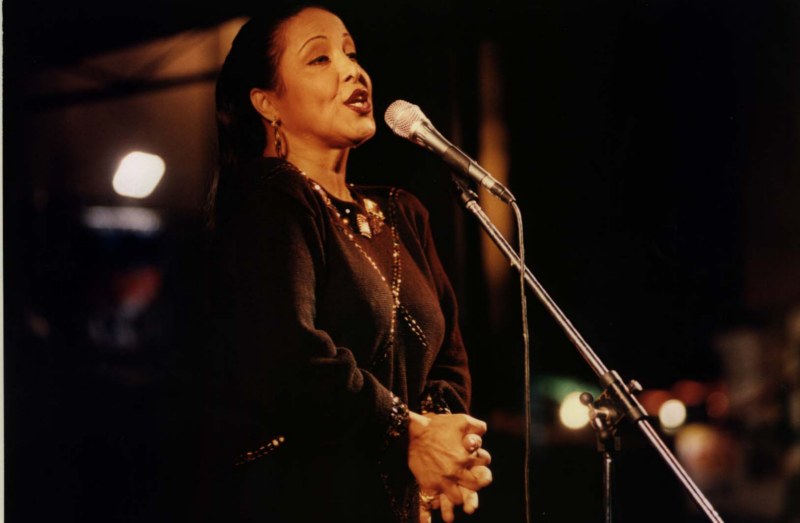
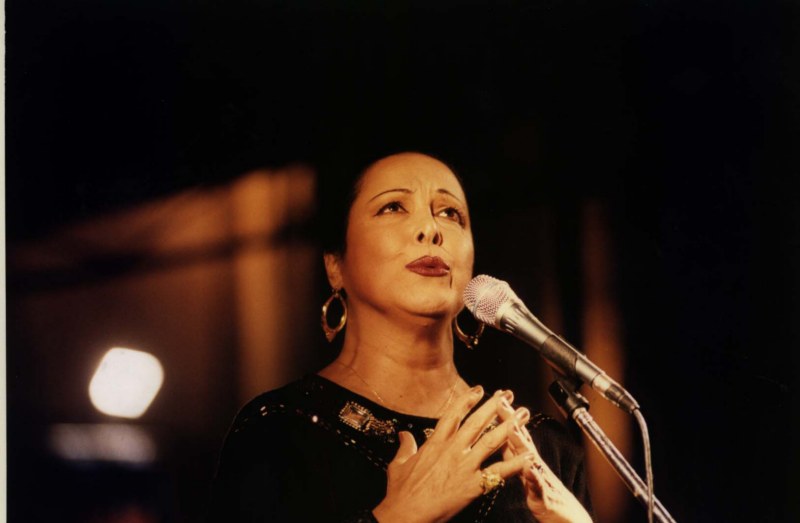
Cidália Moreira Fados no Chafariz de Dentro 25 de Setembro de 1999

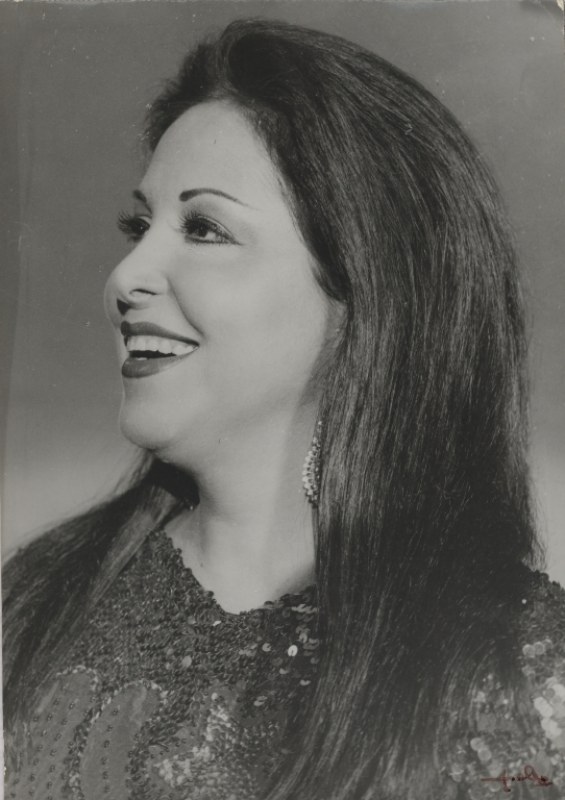
Cidália Moreira s/d
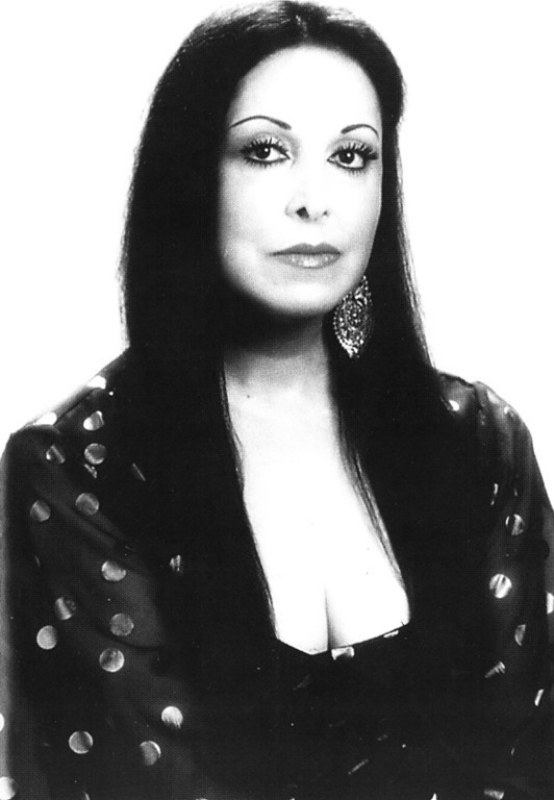
Cidália Moreira s/d


-
Primeiro Amor Cidália Moreira (Frederico Valério / Nelson de Barros)
